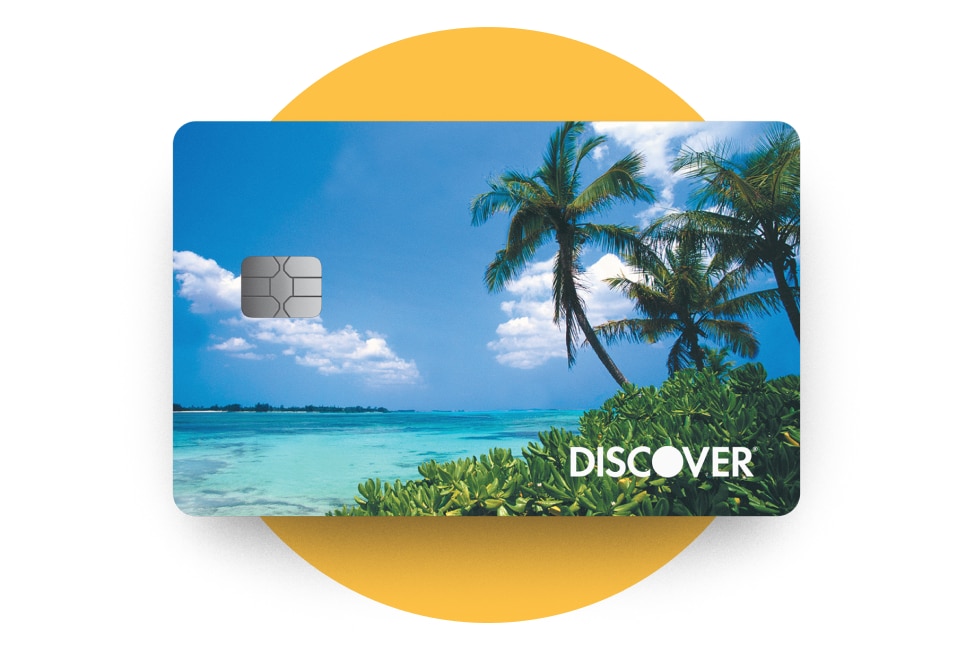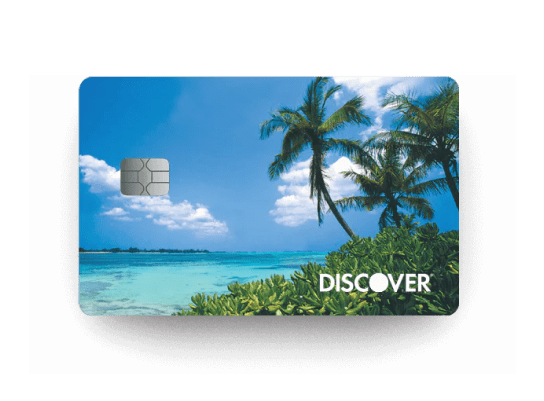To begin building your travel fund, set a savings goal with specific travel expenses in mind. Make sure the figure you come up with accounts for the following:
- Travel costs, including baggage fees if you’re flying or gas prices if you’re driving
- Accommodations
- A resort fee, if applicable
- Food and drinks
- Excursions and activities
- Transportation at your destination, like taxis or rideshares
- Shopping
- Travel insurance
Of course, the longer your trip, the more you’ll want to save. Depending on your destination of choice, some seasons may also be more expensive than others.
Next, set a monthly savings goal. To determine how much you may regularly put into your vacation savings account, add up all your expenses—like rent, groceries, streaming services, and bills—plus other monthly savings or investments. Subtract that amount from your net income. If you deposited the remainder into your savings account each month, how long would it take for you to afford your dream trip? If the answer is “too long,” consider cutting some expenses or sticking to a tight budget.
If you receive any extra cash, like a birthday present, consider putting at least half toward your vacation fund.
You may even want two separate savings accounts for a short- and long-term travel goal. For example, you may want one account if you’d like to spend a summer in Europe in the next five years, and another account to save for a long weekend at the beach in the next six months.







